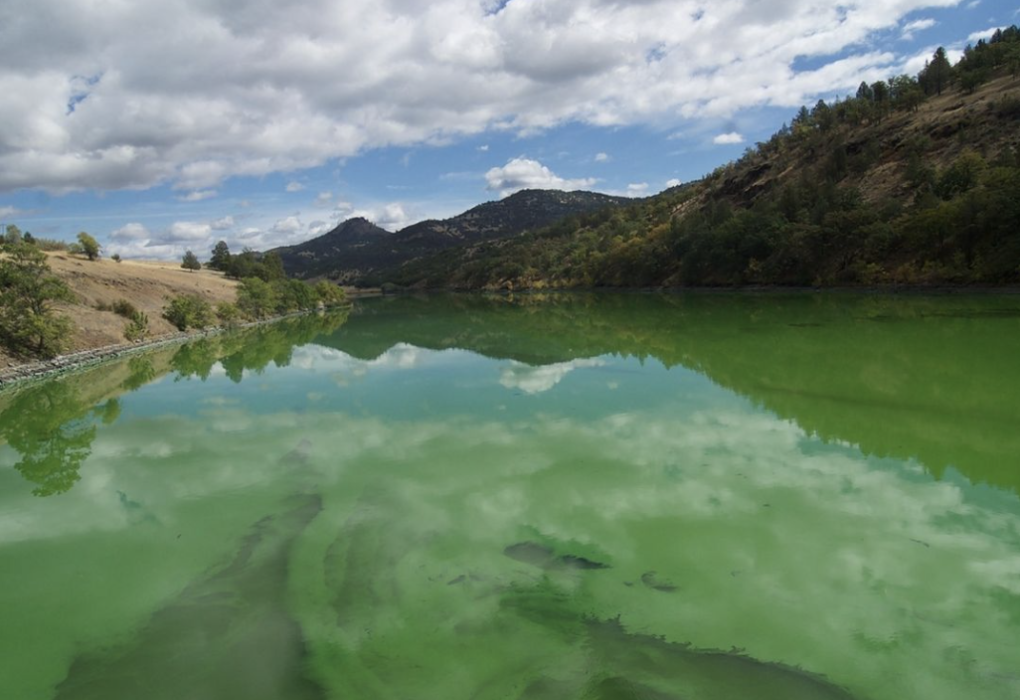Socio-Ecological Research on Klamath Dam Removal
This past Tuesday evening at OSU Cascades, OSU professors Desiree Tullos and Bryan Tilt presented their research on Klamath Dam removal. Dr. Tullos specializes in biological and ecological engineering and has focused on how changes in sediment, nutrients, and discharge affect the amount and type of plants and algae that occur in the Klamath. The dams created stagnant water that was the perfect place for harmful algae blooms to flourish. It’s expected that algal blooms will greatly diminish in the now free-flowing Klamath, but Dr. Tullos and her graduate students will be monitoring the river closely and will be sharing their results as they come in.
Dr. Tilt, who is an anthropologist and has focused on the social systems around the Klamath, then provided some early results from his studies in the basin. Historically, media has emphasized the conflict between groups in the Klamath, but Dr. Tilt has found that there is actually substantial agreement between different groups. For instance, both conservation and agricultural groups both put a high value on healthy communities, managing for multiple species, and multiple purposes. Dr. Tilt and Dr. Tullos are both working with multiple groups, specifically the Yurok tribe to braid multiple knowledge frameworks for better understanding water quality issues and their management in the Klamath River. To follow their research as it develops, you can check out their website with more information here.
Opportunity for Action in the Klamath Basin
At this time Siskiyou County, in Northern California, is considering declaring a state of emergency on the Klamath River based on dam removal and the poor water quality created by the project. On Tuesday March 19, 2024 River Steward Andy Marx and SO Coordinator Kirk Blaine testified to the Siskiyou County Board of Supervisors asking them not to make the emergency declaration. Marx shared about the long standing plans for the dam removal, shared no one should ever be drinking untreated water from the Klamath River, and that the poor water quality samples were taken in January, at peak turbidity levels during reservoir drawdown. Siskiyou County delayed the decision until next week. If you are from Northern California or Southern Oregon and depend on the Klamath River please contact Kirk Blaine (kirk@nativefishsociety.org), the Southern Oregon Coordinator about potentially testifying at this meeting.

